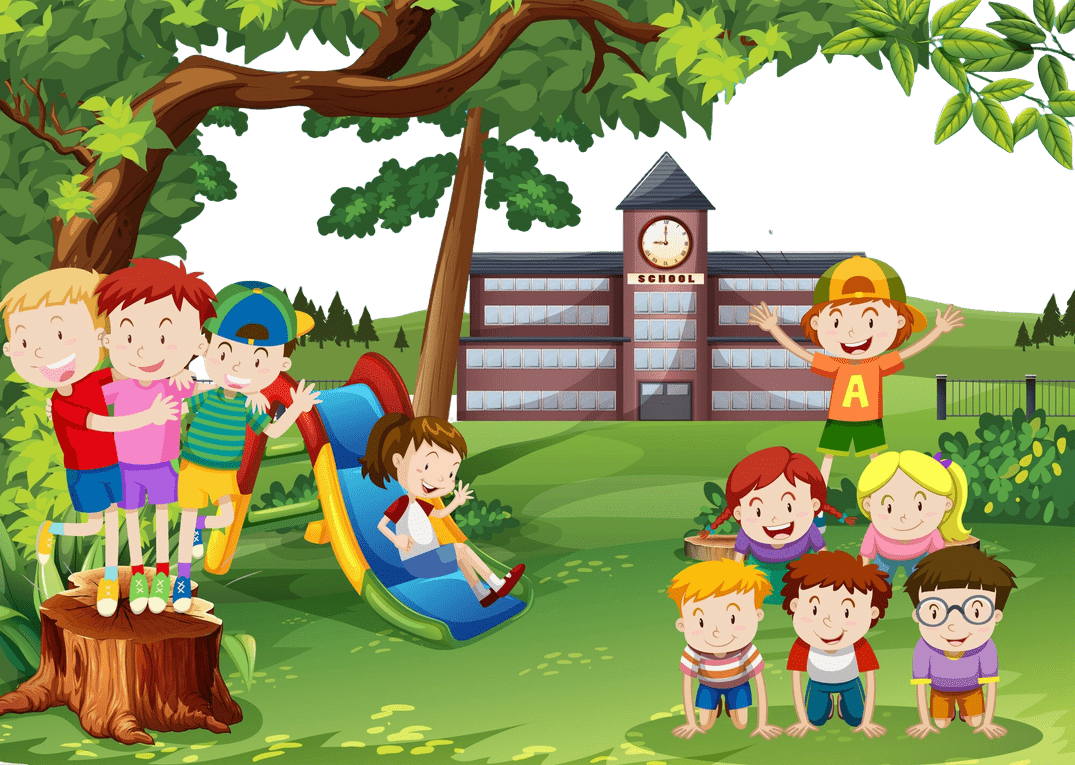



The Importance of Socialization for Nursery Students: Building Key Life Skills

Discover why socialization is vital for nursery students. Learn how it enhances communication, emotional understanding, confidence, and teamwork, setting a strong foundation for future success. Socialization is a crucial aspect of early childhood development, especially for nursery students. It is through socialization that children learn how to interact with others, develop essential communication skills, and understand societal norms. The importance of socialization in the early years cannot




What is Socialization?
Socialization is the process through which children learn to connect with others, share, take turns, and follow rules. For nursery students, this process begins in the family and extends to the classroom and playground. Through interactions with peers and teachers, children start to grasp the basic principles of social behavior. The stages of socialization include learning to communicate, understanding emotions, and developing friendships, all of which are integral to a child’s overall growth.
Why is Socialization Important for Nursery Students?
Development of Communication Skills:
One of the primary reasons behind the importance of socialization is the development of communication skills. Nursery students learn to express themselves, listen to others, and understand different perspectives. This skill is vital for building relationships and succeeding in group activities both in school and in later life.
Understanding Emotions:
Socialization helps children understand and manage their emotions. Interacting with peers allows them to experience a range of emotions, from joy and excitement to frustration and disappointment. Through these experiences, they learn to cope with their feelings and empathize with others. This emotional development is a key stage in the stages of socialization.
Building Confidence and Self-Esteem:
Socialization in nursery settings boosts a child’s confidence and self-esteem. As children interact with others and form friendships, they gain a sense of belonging and acceptance. Positive reinforcement from peers and teachers encourages them to participate in activities, take risks, and try new things, all of which are essential for building self-confidence.
Learning Social Norms and Values:
Another significant aspect of the importance of socialization is the learning of social norms and values. Nursery students observe and imitate behaviors they see in others, such as sharing, cooperating, and being polite. These early lessons in social behavior help them understand what is expected of them in different social situations, forming the basis for moral and ethical development.
Encouraging Teamwork and Cooperation:
In a nursery setting, children often engage in group activities that require teamwork and cooperation. These experiences teach them how to work together, solve problems, and achieve common goals. Learning to cooperate with others is a crucial stage in the stages of socialization and prepares children for future academic and social success.
Preparation for School Life:
Socialization in nursery is also essential for preparing children for the more structured environment of school. By interacting with others in a classroom setting, children learn to follow rules, respect authority, and adapt to group dynamics. This preparation helps ease the transition to primary school, where social skills are just as important as academic abilities.
The Stages of Socialization for Nursery Students
The stages of socialization in nursery students can be broadly categorized into three phases:
Imitation:
In the early stage, children learn by observing and imitating others. They copy the behaviors, language, and actions of their parents, teachers, and peers. This imitation helps them understand basic social cues and responses.
Play:
Play is a critical stage of socialization where children engage in both solitary and group play. Through play, they learn to share, take turns, and follow rules. Group play, in particular, fosters cooperation, communication, and the ability to work with others.
Interaction:
As children grow, their interactions become more complex. They start forming friendships, understanding social roles, and learning to navigate different social situations. This stage involves learning empathy, conflict resolution, and effective communication.
Conclusion
The importance of socialization for nursery students cannot be emphasized enough. It is through socialization that children develop the skills they need to thrive in society. From communication and emotional understanding to teamwork and confidence-building, the benefits of early socialization are vast. As children move through the stages of socialization, they become more equipped to handle the challenges of school life and beyond. By fostering a supportive and interactive environment in nursery, parents and educators can help children build a strong foundation for future success.
FAQs
1. Why is socialization important for nursery students?
Socialization is crucial for nursery students as it helps them develop essential communication skills, understand emotions, and learn social norms. The importance of socialization lies in its ability to build confidence, teach cooperation, and prepare children for future social interactions and school life.
2. What are the stages of socialization for young children?
The stages of socialization for young children typically include imitation, play, and interaction. In the imitation stage, children learn by copying others. During play, they engage in activities that teach sharing and cooperation. In the interaction stage, they form friendships and learn to navigate social situations.
3. How does socialization in nursery settings benefit children?
Socialization in nursery settings benefits children by enhancing their communication skills, building self-esteem, and teaching them how to work in teams. Understanding the importance of socialization at this stage helps children develop a strong foundation for future academic and social success.
